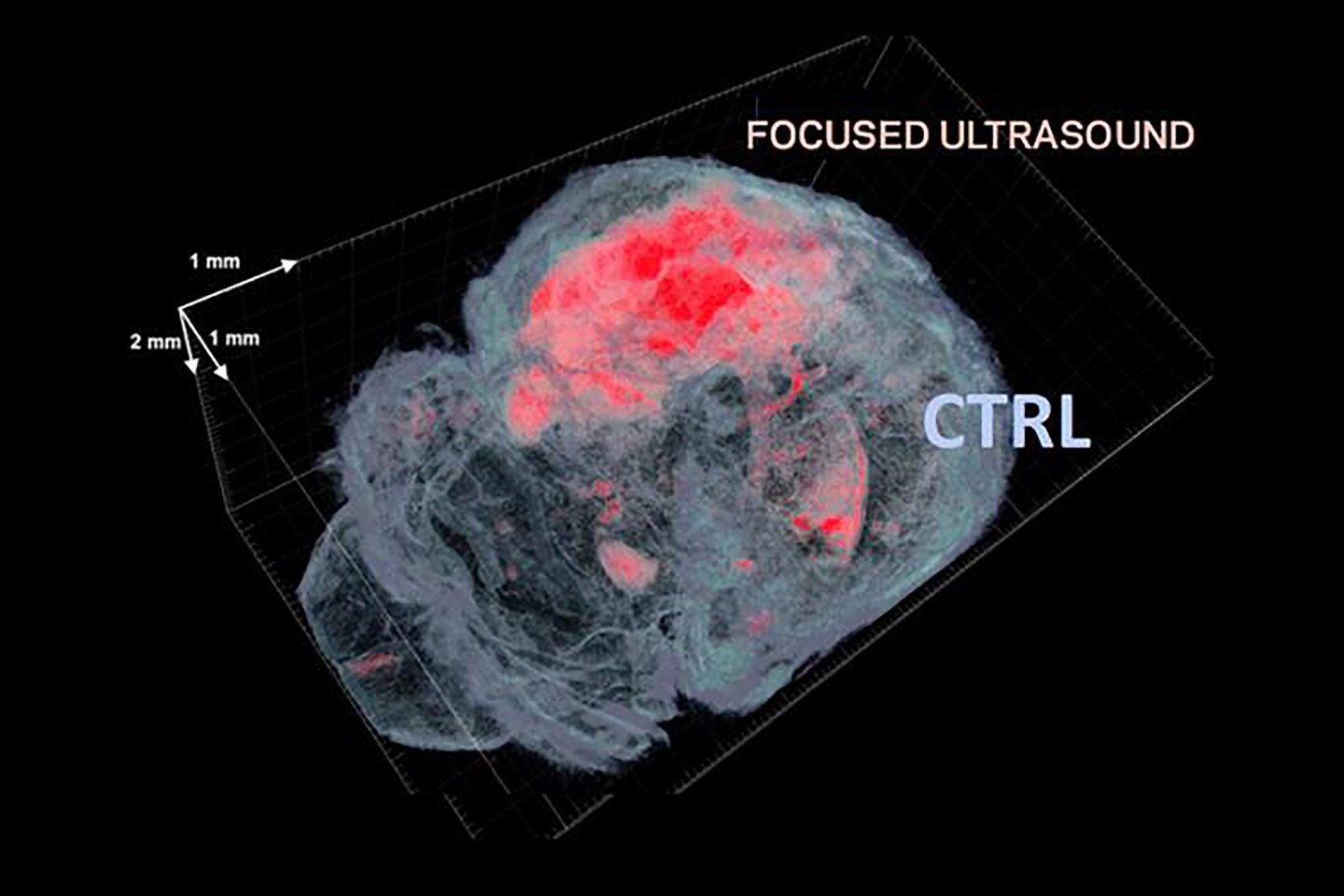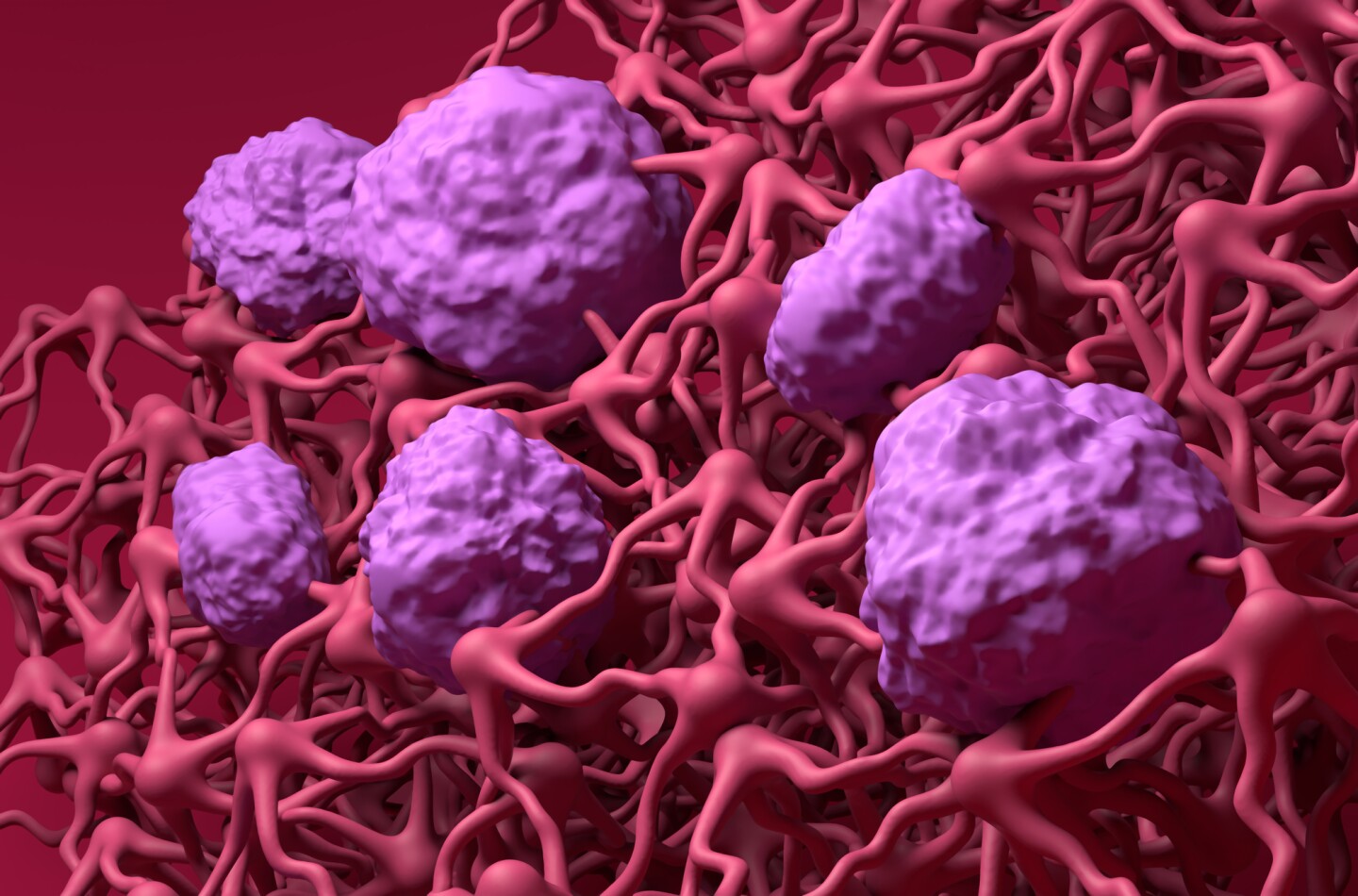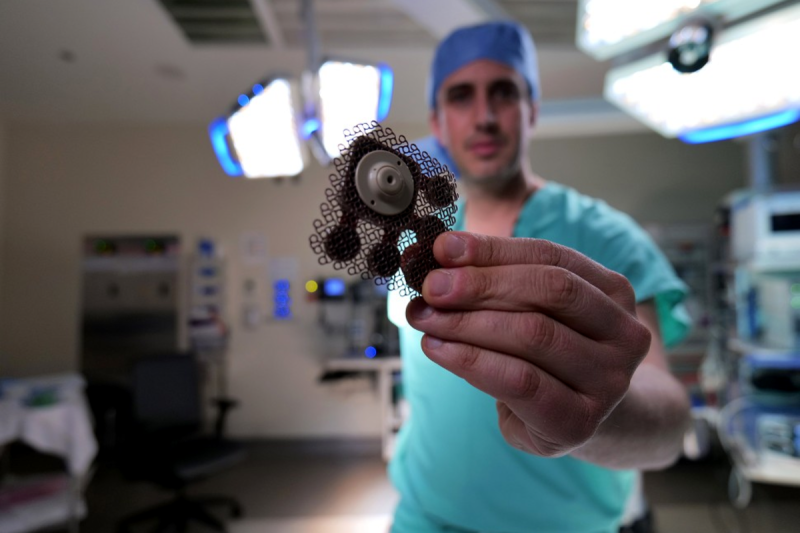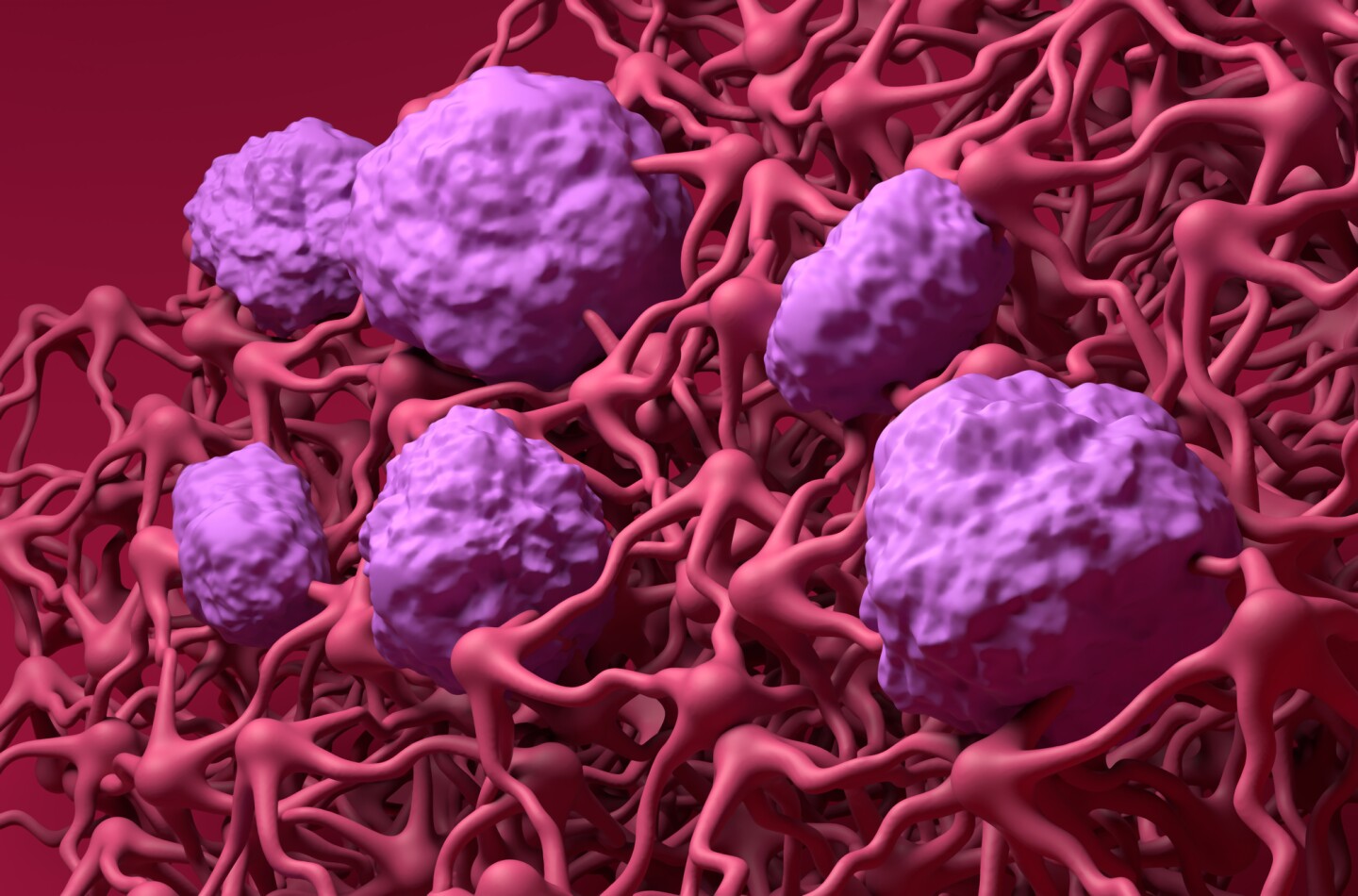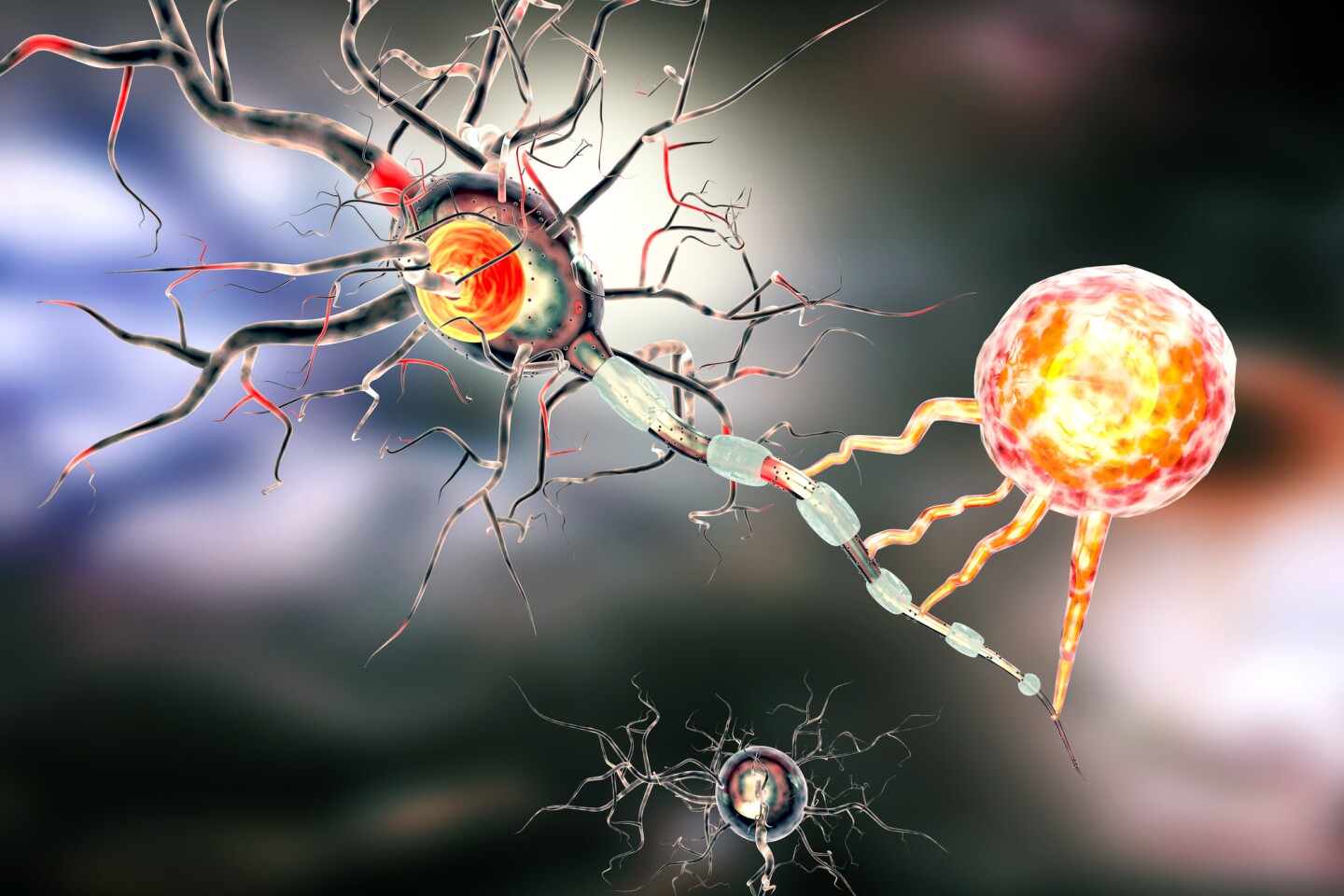ID of five subtypes of Alzheimer’s has huge implications for treatment
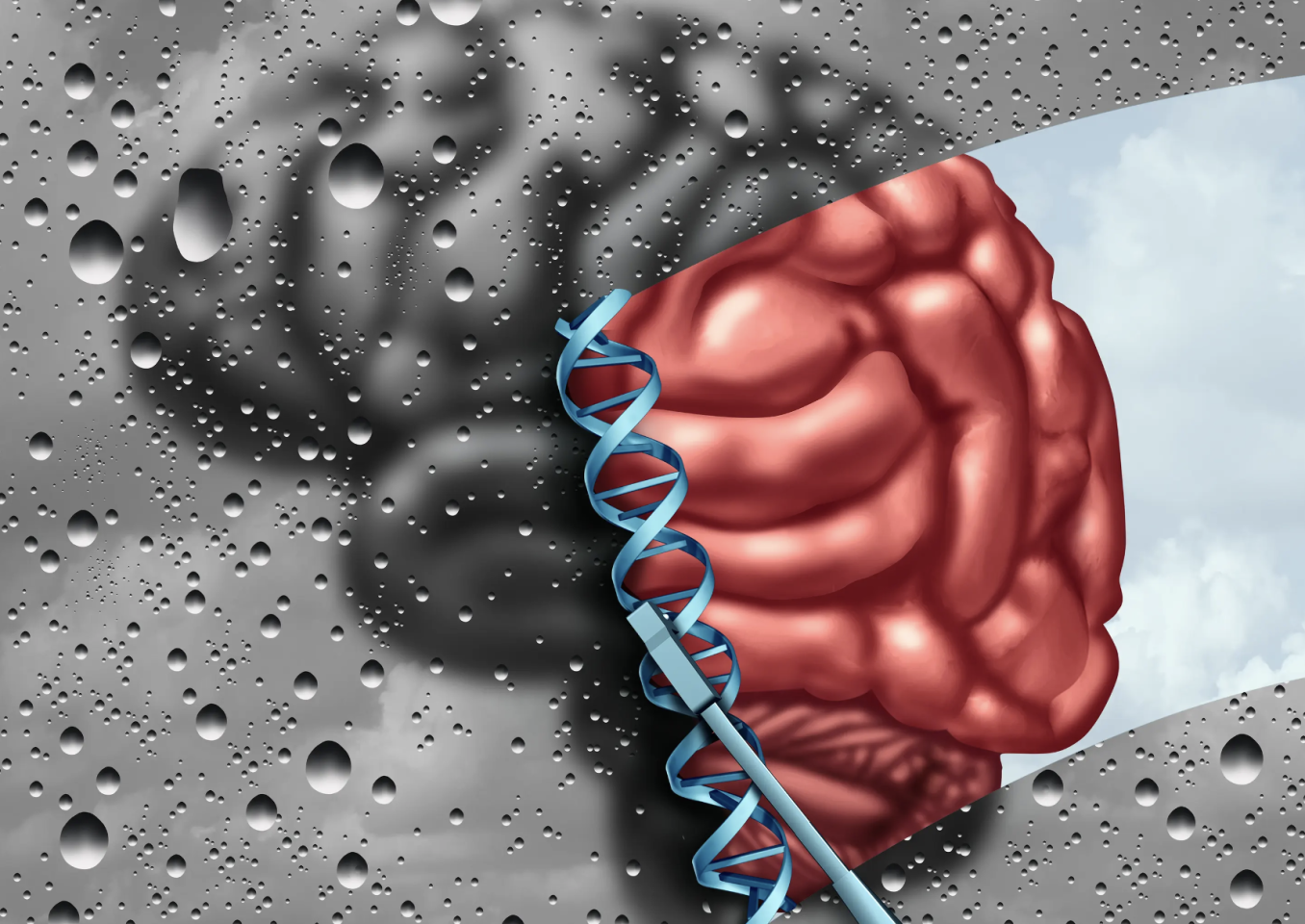
An international team of neuroscientists has for the first time identified five distinct subtypes of Alzheimer’s disease, in what could be a breakthrough for treatment approaches and efficacy. They call for researchers and medical professionals to look at the disease not as a single diagnosis but five specific types of Alzheimer’s.
Tags: University of Amsterdam, Dementia, Alzheimer’s Disease, Blood-brain barrier, Neuroscience, Age-Related, Brain, Maastricht University
Continue reading ID of five subtypes of Alzheimer’s has huge implications for treatment
